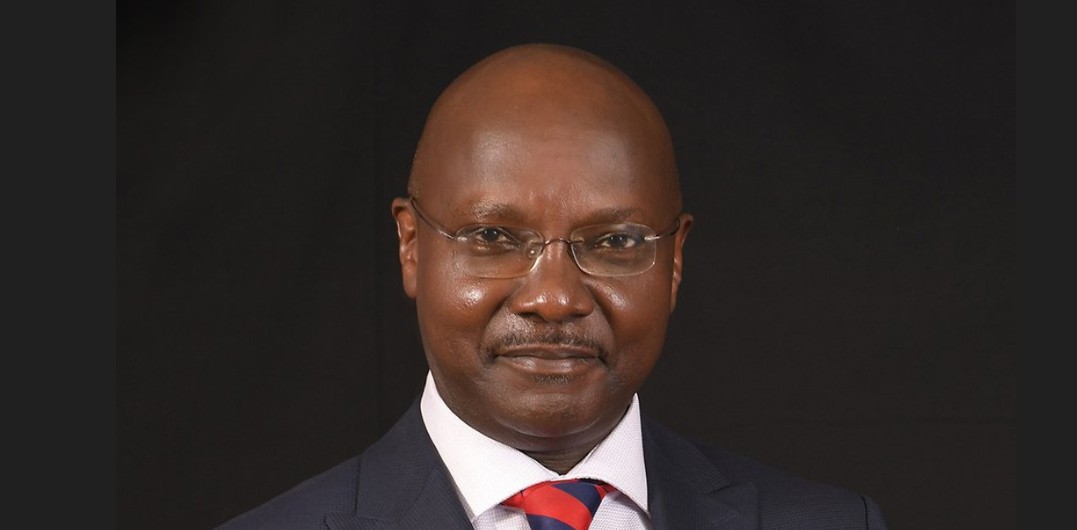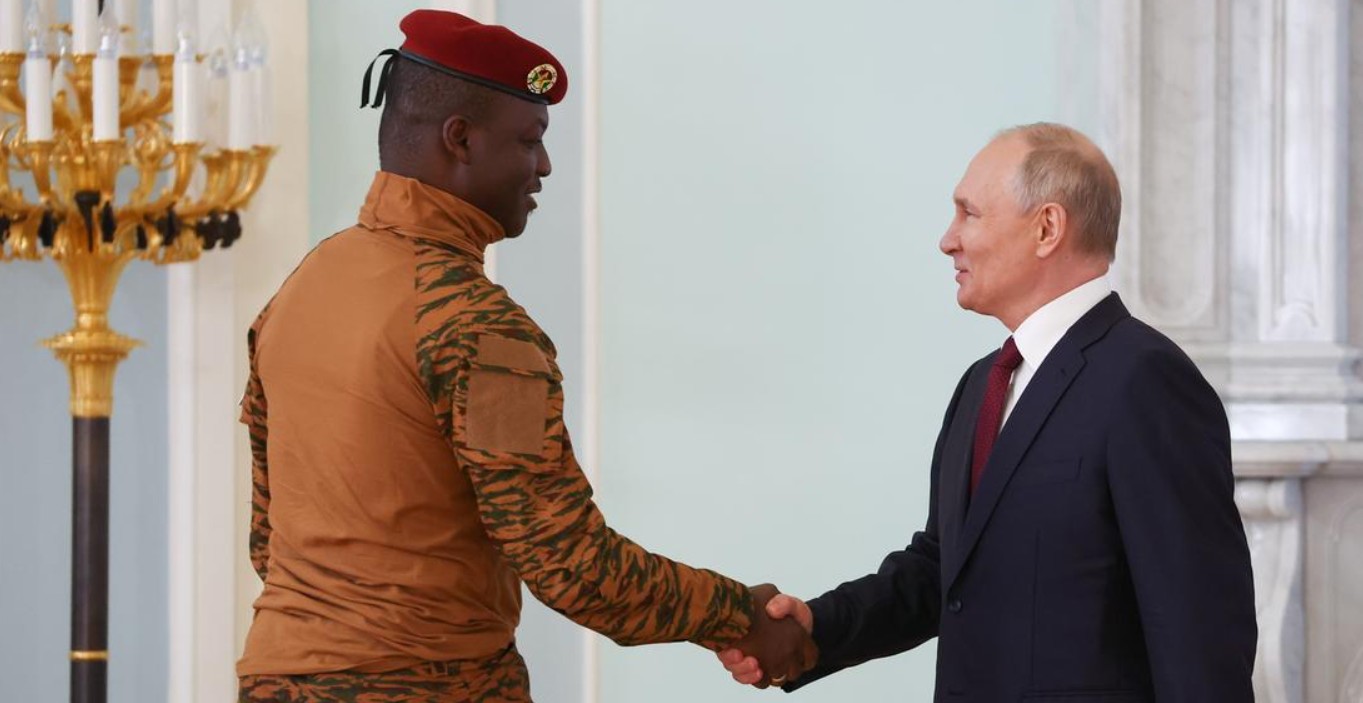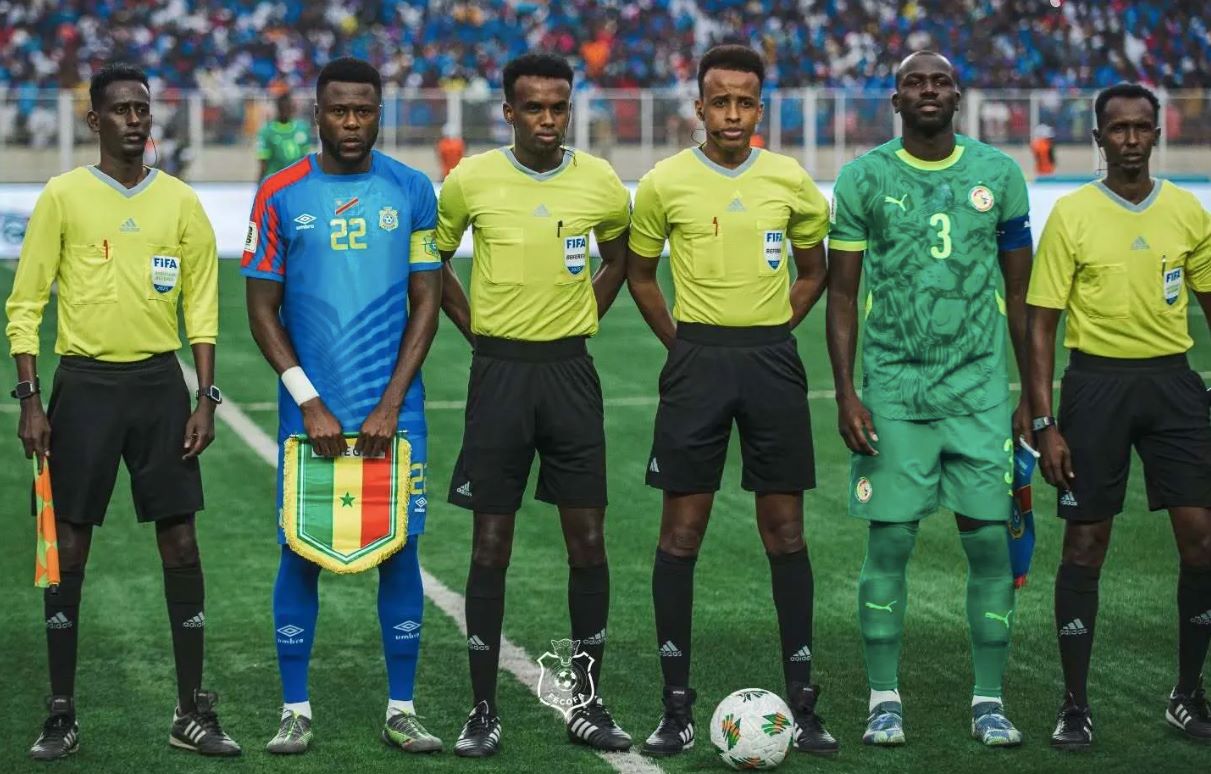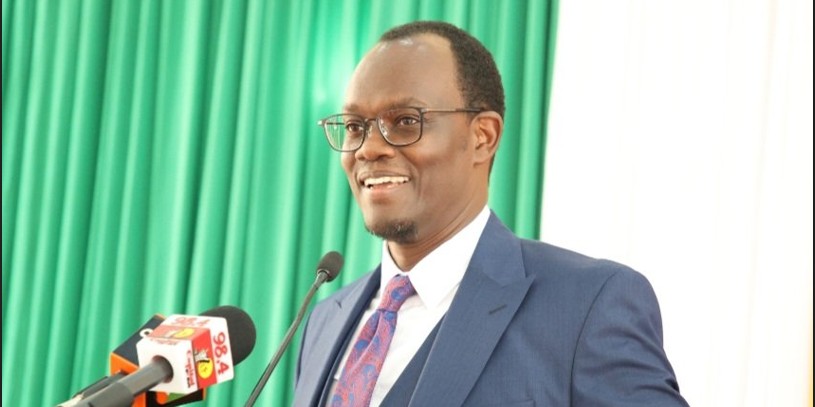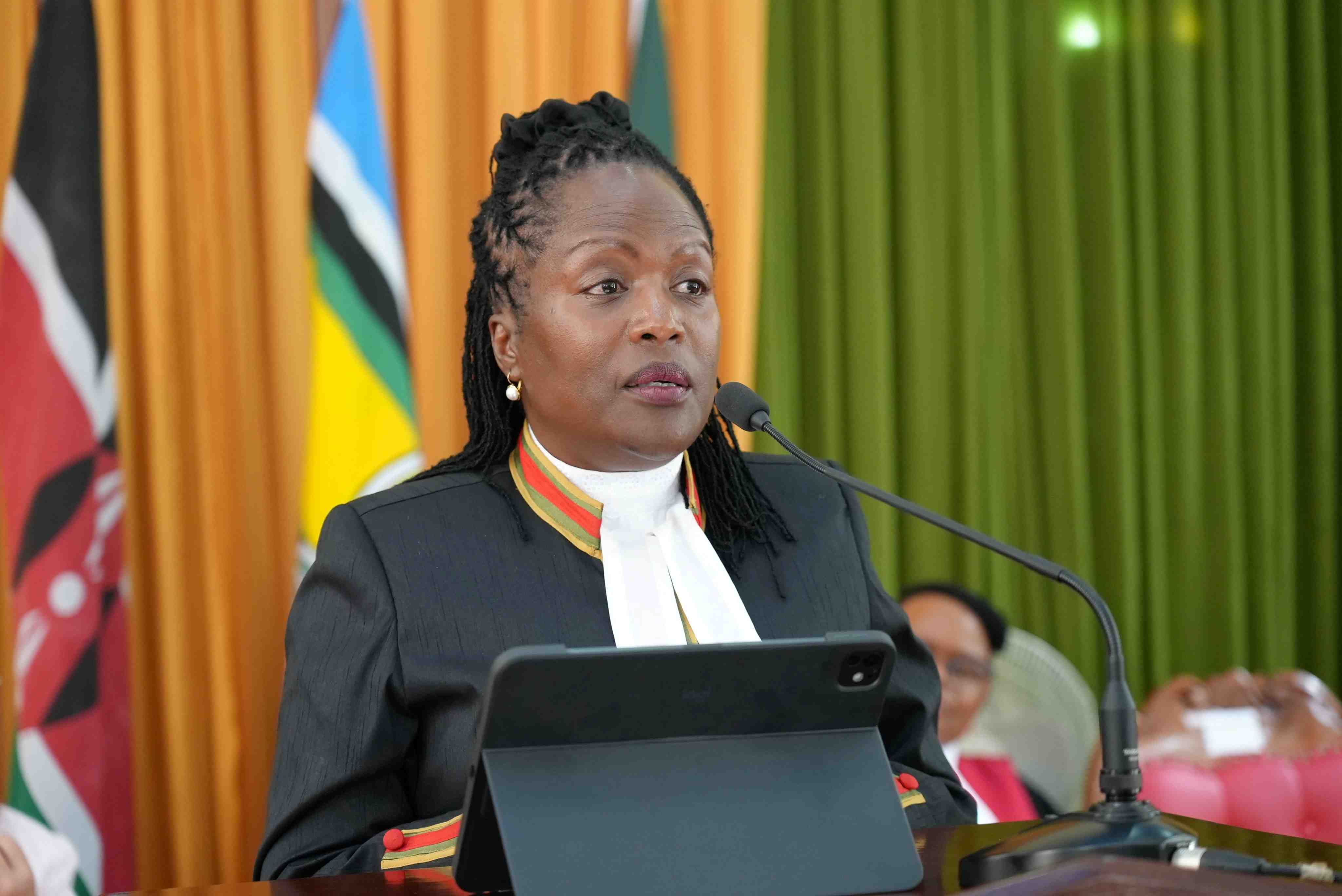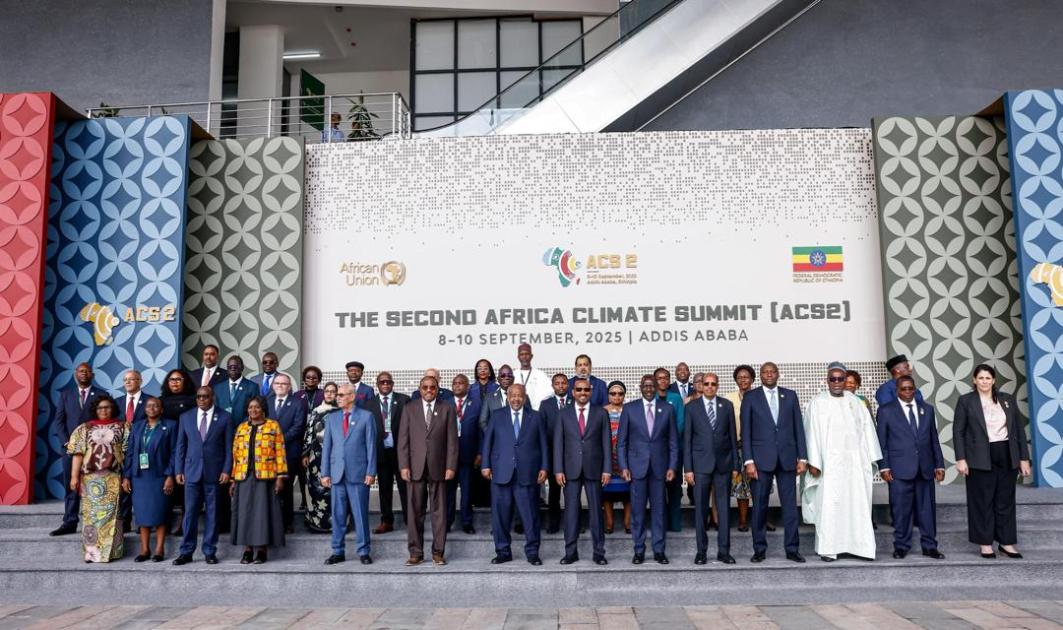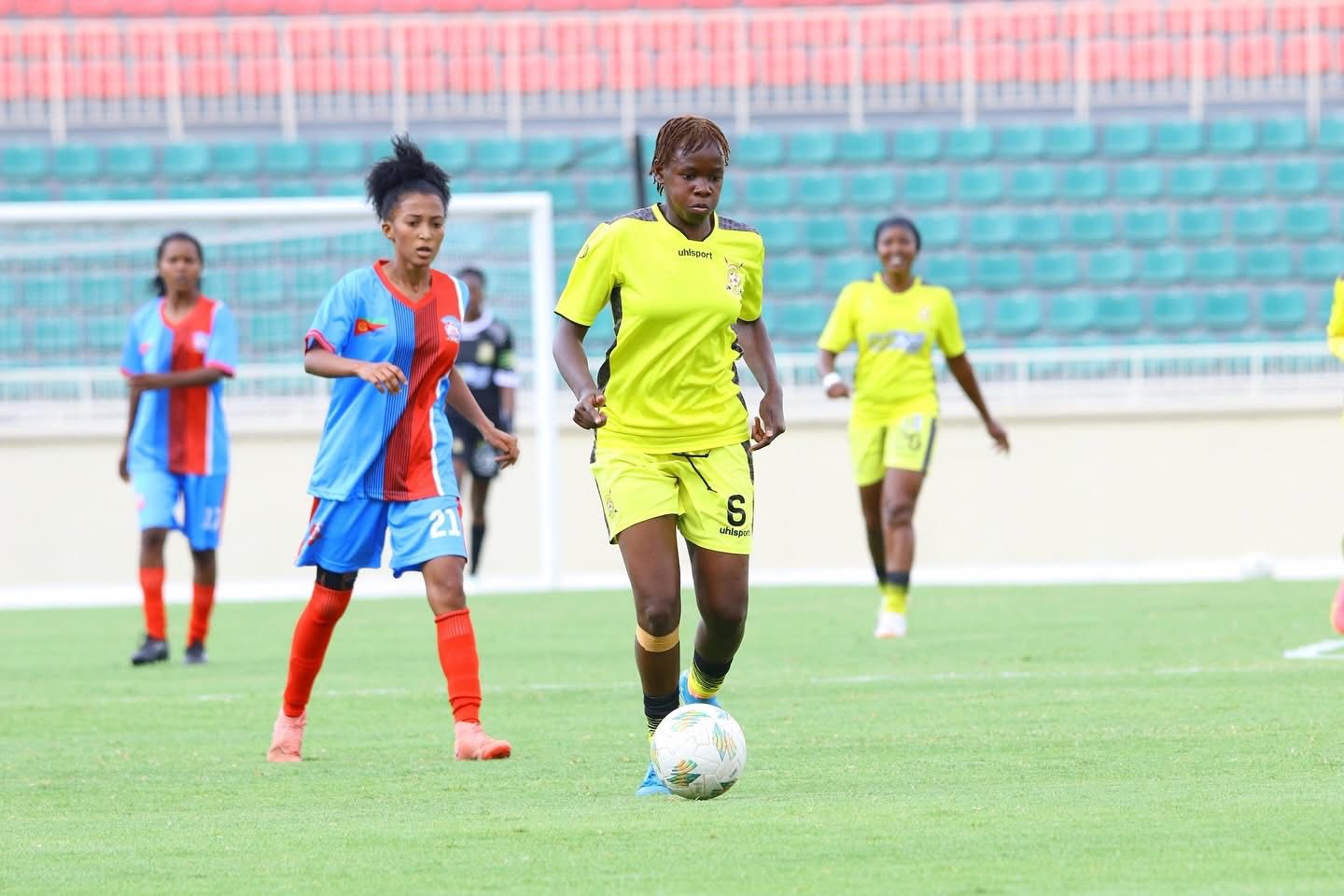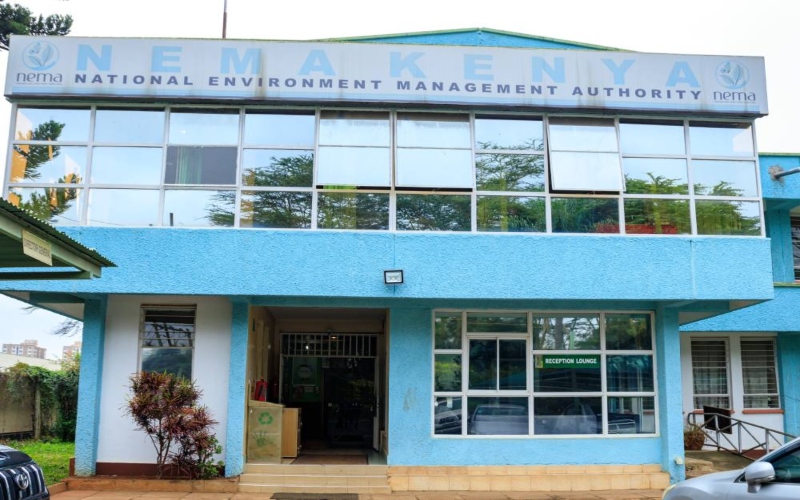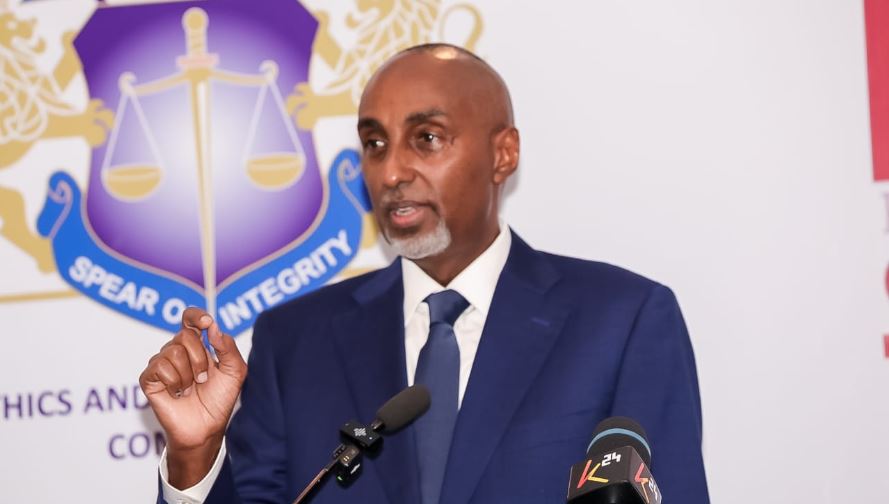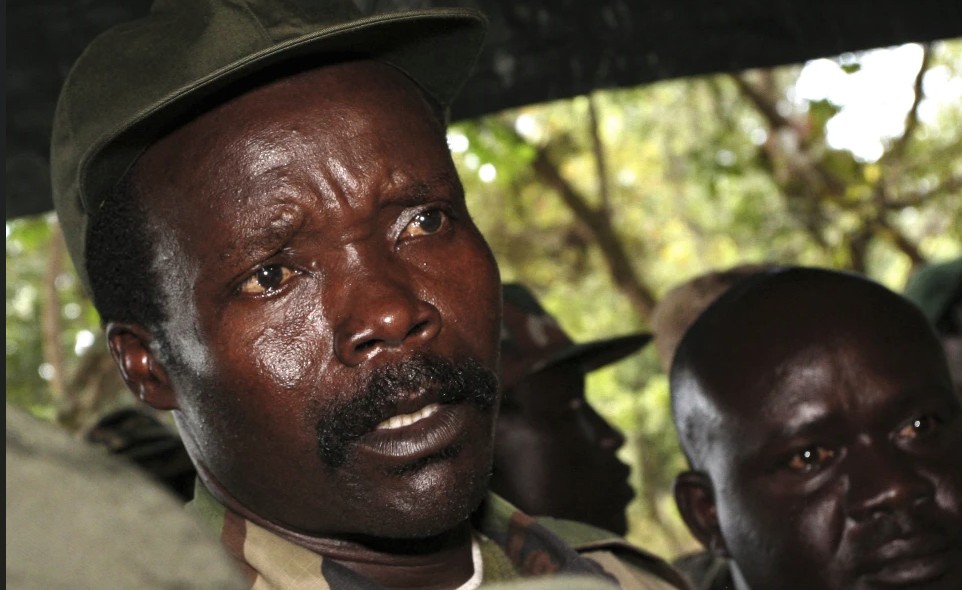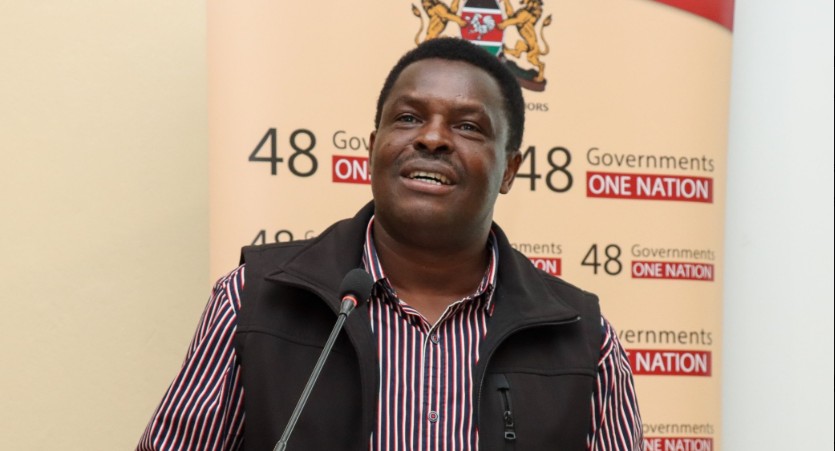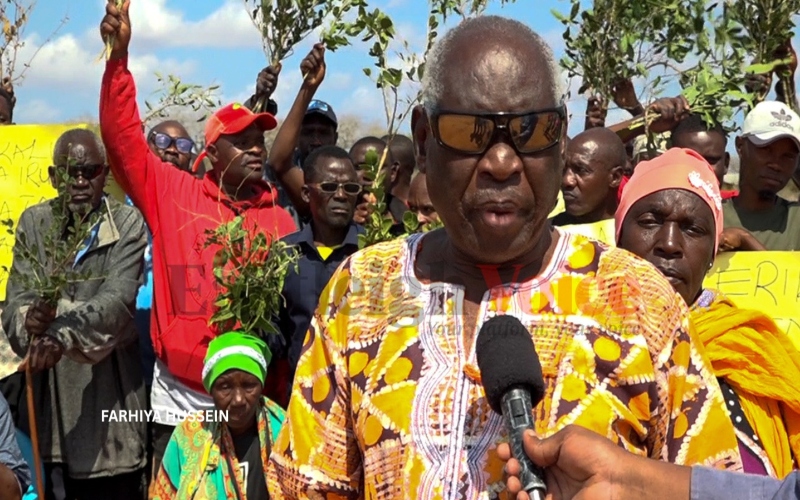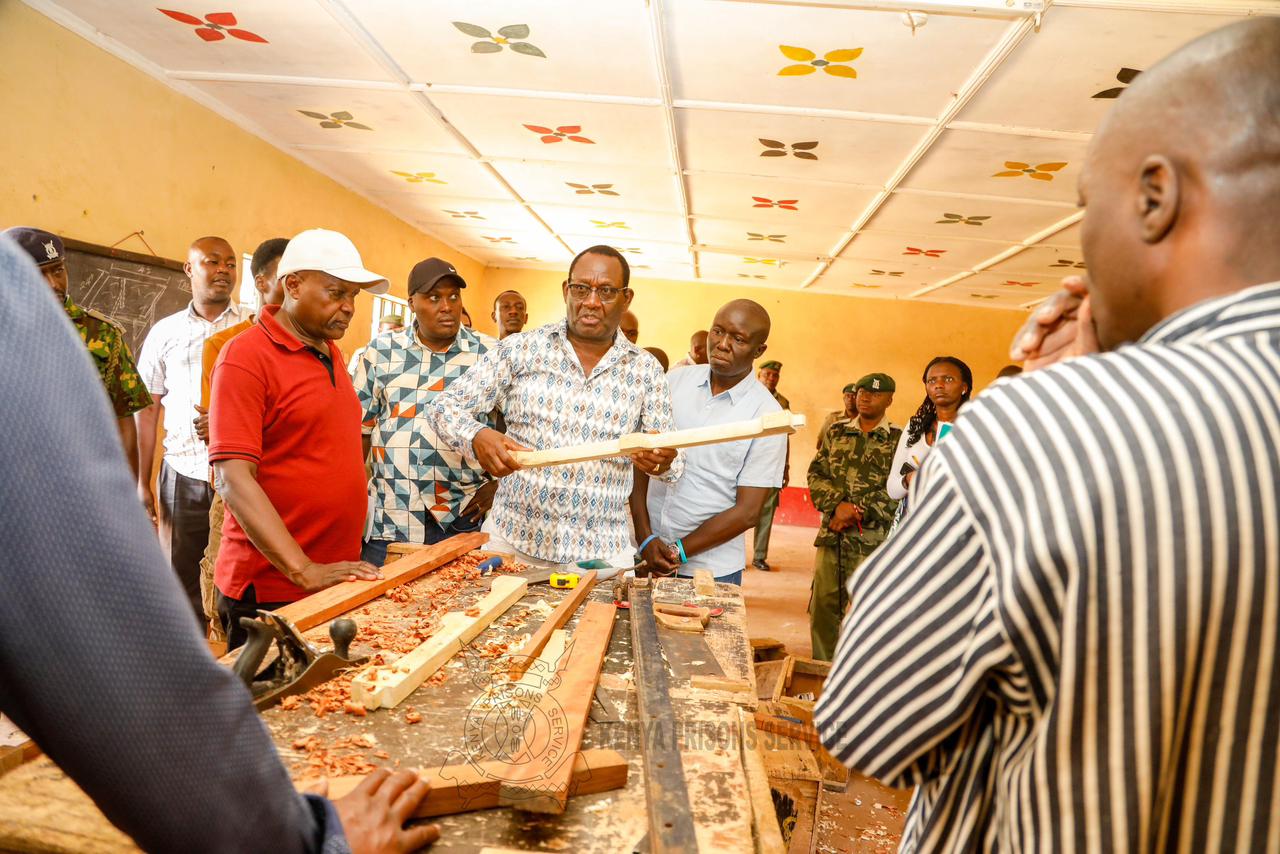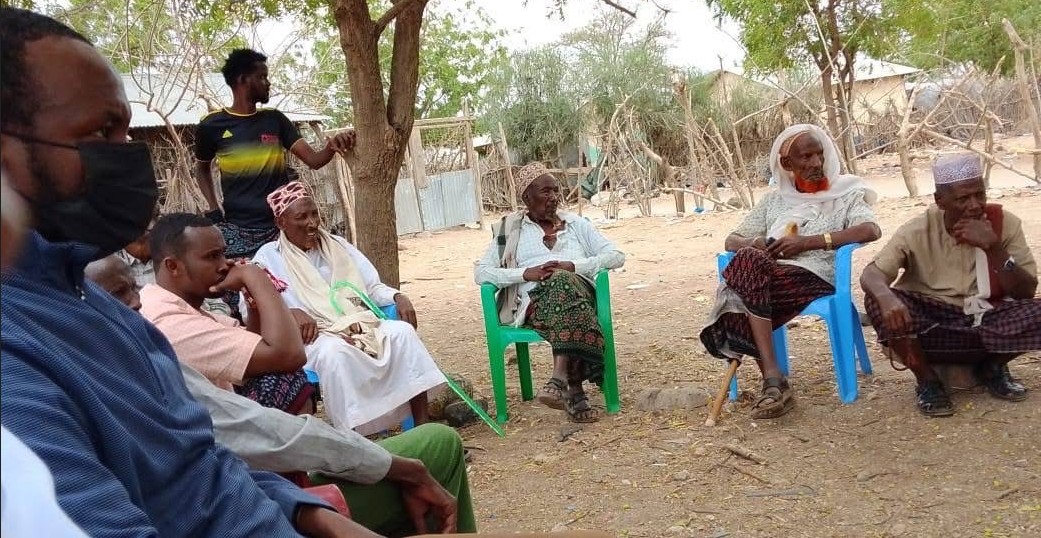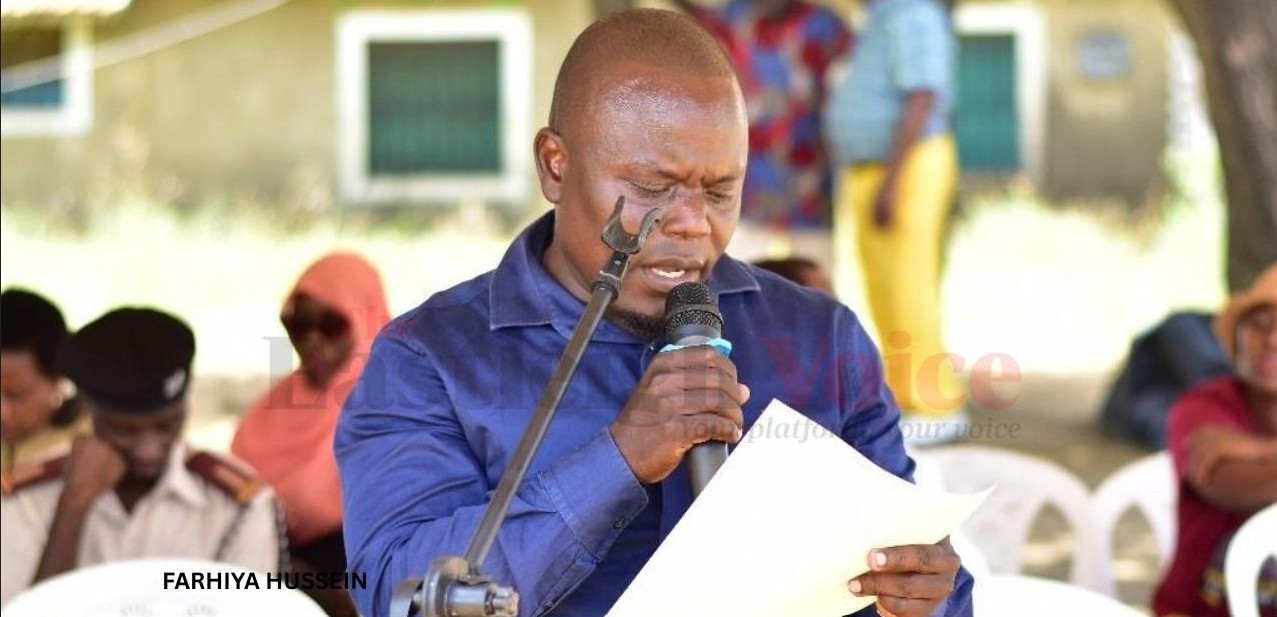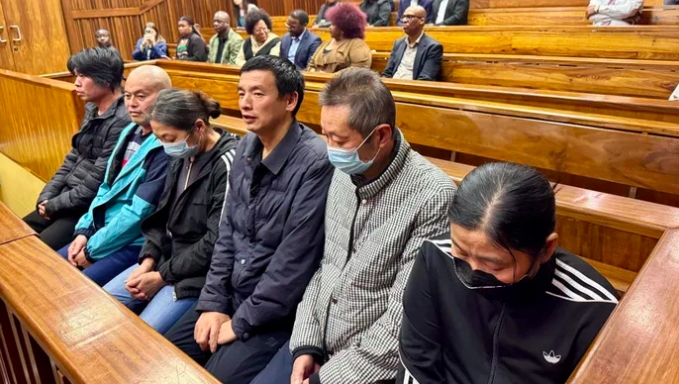WFP: Sub-Saharan Africa leads global growth in school feeding programmes
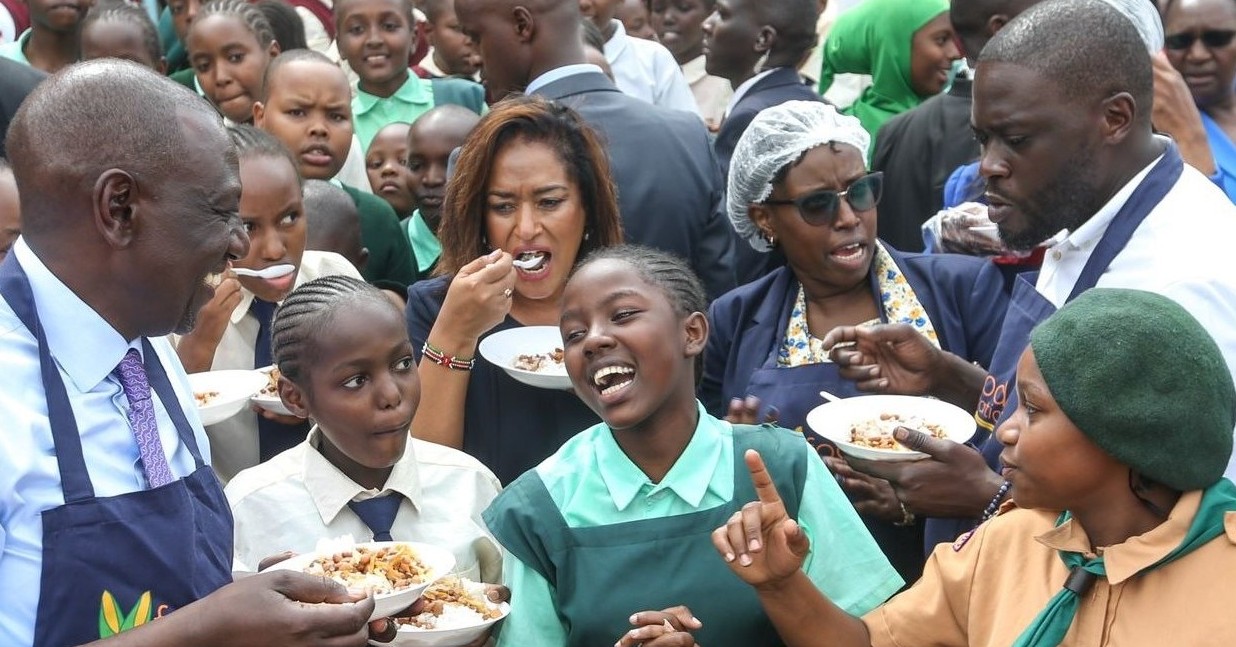
The region recorded the most significant global increase, with school meal coverage growing by more than 30 per cent—from 66 million in 2022 to 87 million in 2024.
The number of children receiving school meals in Sub-Saharan Africa has risen sharply, with nearly 20 million more enrolled since 2022, bringing the total to 87 million. This is according to the latest State of School Feeding Worldwide report by the United Nations World Food Programme (WFP).
The region recorded the most significant global increase, with school meal coverage growing by more than 30 per cent—from 66 million in 2022 to 87 million in 2024.
More To Read
- FAO: Women drive Africa’s food systems but face systemic barriers to jobs and land
- Kenya hit hard as therapeutic food supplies dwindle
- Ethiopia begins registration of 7.4 million learners amid education crisis
- WFP aid convoy attacked in Sudan's North Darfur, food relief trucks torched
- 17 areas of Sudan "at risk of famine": UN spokesman
- Cholera kills 40 in Sudan’s worst outbreak in years
Countries such as Chad, Ethiopia, Madagascar, and Rwanda have seen dramatic expansions, in some cases multiplying the number of pupils receiving meals by six.
The surge is being driven mainly by national governments, reflecting a shift from dependence on foreign aid to recognising school meals as a strategic investment in education, health, and long-term development.
In countries such as Benin, Botswana, Burkina Faso, Eswatini, Lesotho, Namibia, Rwanda, and Zambia, school meal programmes are now largely funded through domestic budgets. Meanwhile, nations like Ethiopia and Burundi have doubled or tripled their contributions since 2022, though they continue to receive some external support.
Domestic budgets funding
“We are proud that the majority of school meal programmes are funded through domestic budgets. WFP is dedicated to helping national governments expand state-funded school meals, ensuring that no child is left behind,” said Margot van der Velden, WFP’s regional director for West and Central Africa.
She added: “We need to work together with partners and communities in feeding the future of our children, giving them the chance to grow and thrive.”
Africa now leads the global surge, with 20 million additional children benefiting from government-supported school meal programmes. Significant progress has been made in Kenya, Madagascar, Ethiopia, and Rwanda, reflecting governments’ growing commitment to ensuring that children receive nutritious meals at school.
Beyond boosting education and children’s wellbeing, sustainable school meal models—particularly home-grown school feeding—are also strengthening smallholder farming, agricultural economies, and climate-smart food production.
In Benin, where the government funds school meals primarily through its own budget, local food purchases for the programmes contributed over US$23 million (about Sh2.97 billion) to the economy in 2024.
Local food sourcing
Direct procurement from smallholder farmers rose by 800 per cent, benefiting more than 23,000 people. In Burundi, WFP’s local food sourcing increased farmers’ incomes by 50 per cent in 2024 and created jobs across 67 cooperatives involving 20,000 members.
“A meal at school is more than just giving food to a child; it is also an investment in the family, the community, and ultimately a country’s future. Sourcing food locally provides healthy, culturally appropriate meals for children while supporting smallholder farmers, driving economic growth and national development,” said Eric Perdison, WFP’s regional director for Eastern and Southern Africa.
Despite these gains, millions of children in low-income countries, such as the Democratic Republic of the Congo, Somalia, and South Sudan, remain without access to school meals due to limited domestic funding and shrinking external support. WFP says it continues to prioritise these children to guarantee both nutrition and learning opportunities.
The report precedes the second School Meals Coalition Global Summit in Brazil on 18–19 September, where world leaders will assess progress and urge greater action.
Top Stories Today
